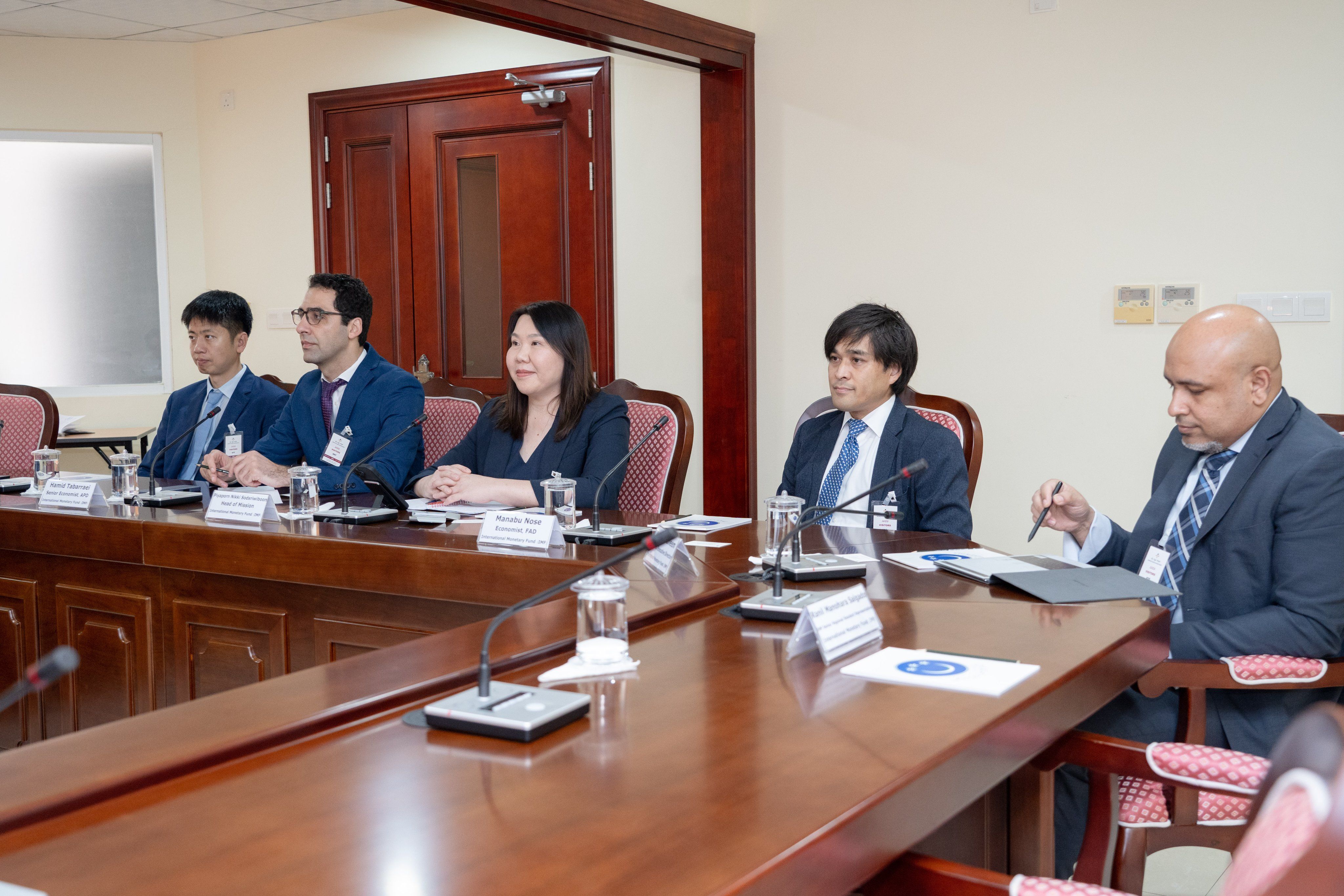IMF advises “urgent action” on delayed reforms to avert debt crisis
A digest of the top news story that dominated headlines yesterday.

Strong projected growth of five percent driven by tourism
Opening of new passenger terminal expected to ease bottlenecks and boost tourist arrivals
But large uncertainty to forecast with risks tilted to the downside
Ambitious and homegrown fiscal reform agenda was encouraging, as was the 2023 tax hikes, stopping printing money, and passage of new fiscal responsibility and public debt management laws
Growth impact of infrastructure spending now marginal due to higher cost of borrowing
Swift implementation of expenditure rationalisation measures approved in budget
Streamline health insurance scheme
Phase out blanket subsidies – which has lots of leakages – with targeted direct assistance to vulnerable groups
Reform inefficient and loss-making state-owned enterprises
Reprioritise public sector investment projects and scale back excessive capital investments
Strong bank-sovereign nexus poses increased systemic risk. Tighter macro-prudential policy and vigilant oversight needed in the financial sector
Over the long-term, broader structural reform needed to improve climate resilience
Discussion
No comments yet. Be the first to share your thoughts!
No comments yet. Be the first to join the conversation!
Join the Conversation
Sign in to share your thoughts under an alias and take part in the discussion. Independent journalism thrives on open, respectful debate — your voice matters.




